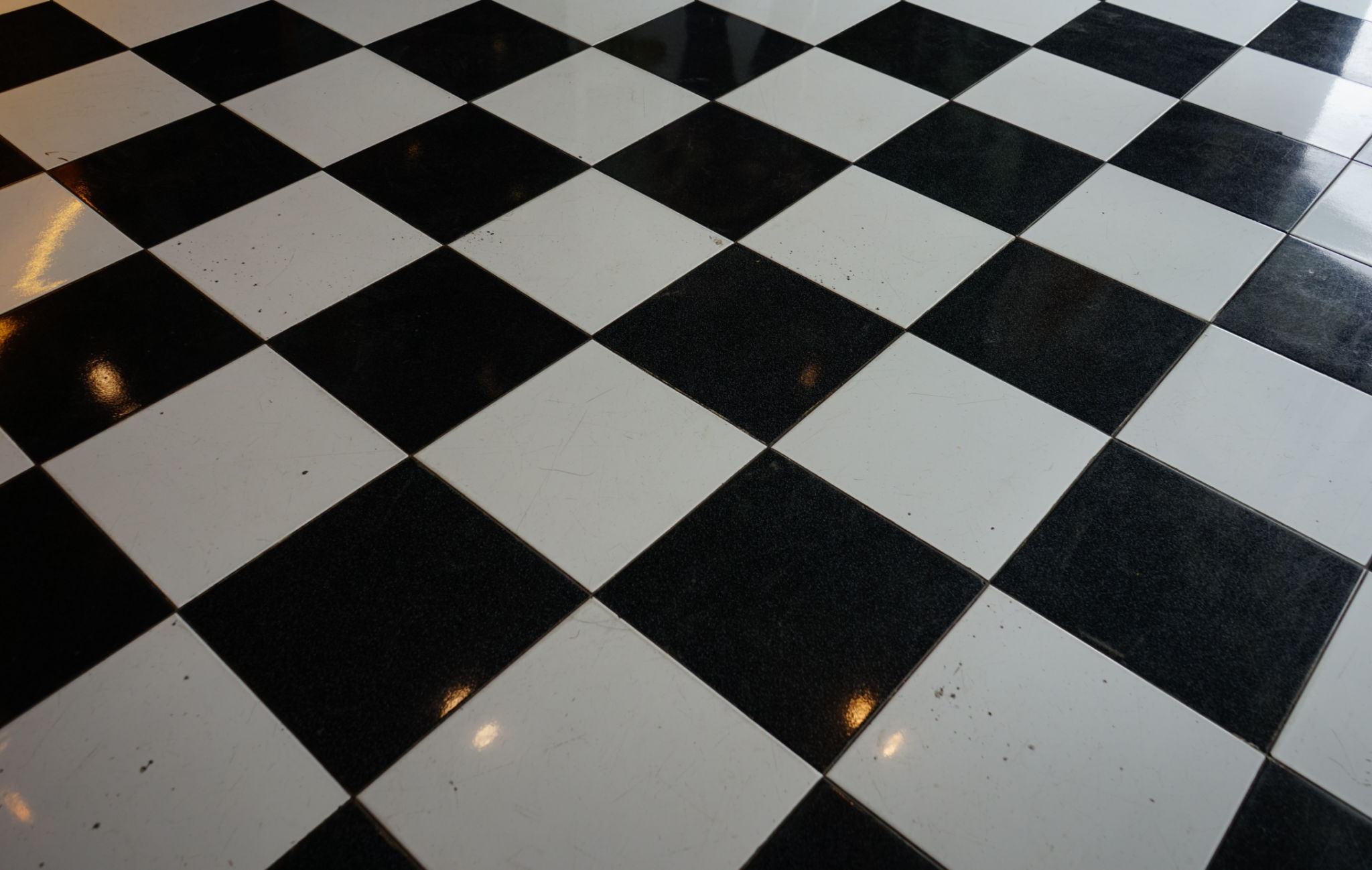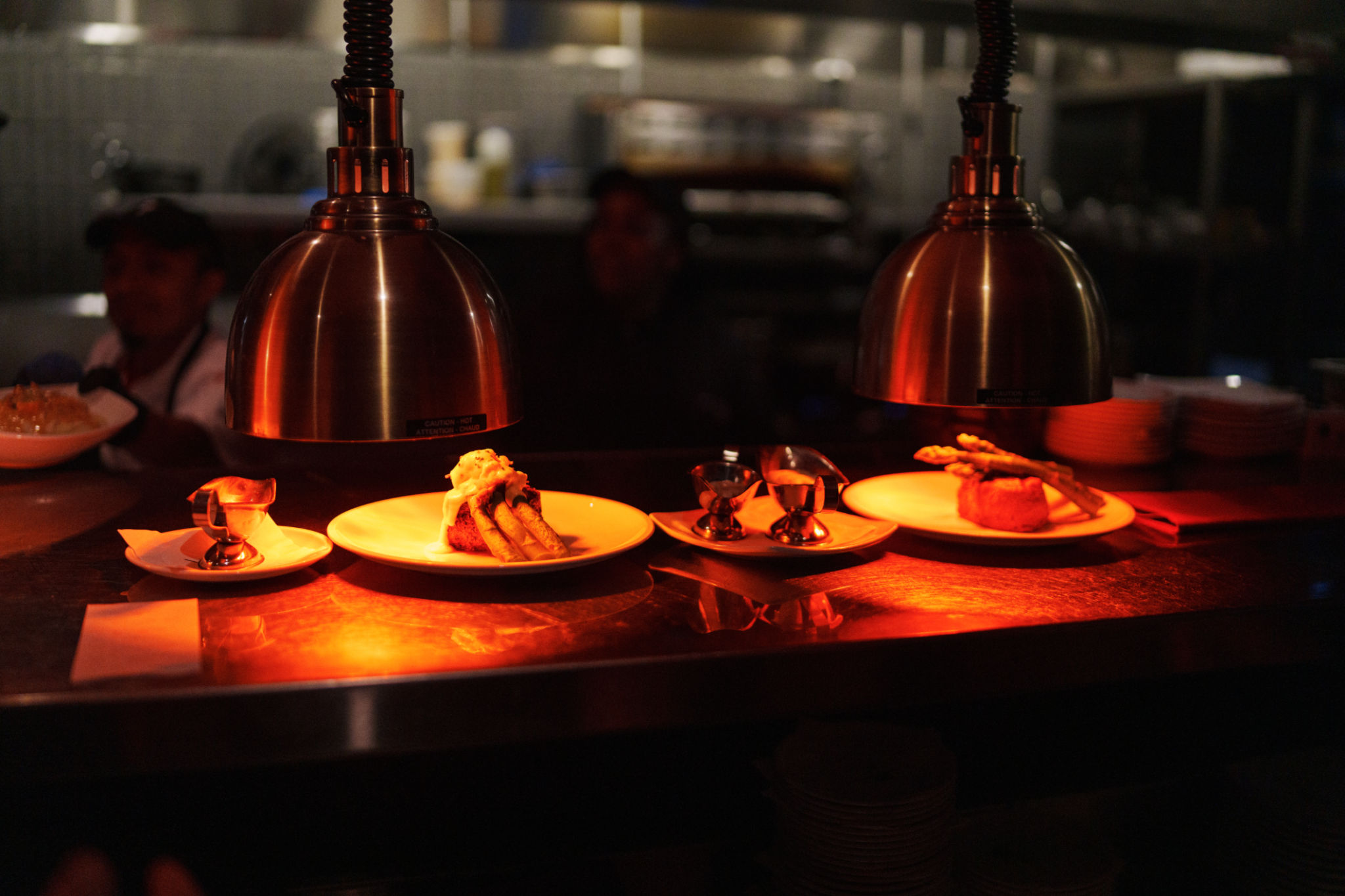Cooking Throughout the Ages: How Historical Methods Influence Today's Recipes
The Evolution of Cooking Techniques
Cooking methods have evolved significantly over the centuries, reflecting changes in technology, culture, and available ingredients. From ancient times, when fire was first harnessed, to modern-day kitchens equipped with advanced appliances, the progression of cooking techniques has had a profound influence on the recipes we enjoy today.
In ancient civilizations, cooking was predominantly about survival and making food edible. Techniques such as roasting over an open flame or boiling in rudimentary pots were common. These methods laid the foundation for more sophisticated culinary practices that would develop over time.

Medieval Innovations and Their Impact
The medieval period brought significant advancements in cooking methods. The introduction of the hearth allowed for more controlled cooking, while the invention of the spit enabled more efficient roasting. These innovations not only improved the quality of food but also expanded the range of dishes that could be prepared.
During this time, the use of spices became more prevalent, transforming simple meals into exotic and flavorful experiences. The incorporation of these spices into traditional recipes is a practice that persists in modern culinary arts, showcasing the lasting influence of medieval cooking techniques.
Renaissance and the Birth of Haute Cuisine
The Renaissance era marked a turning point in culinary history, as cooking began to be recognized as an art form. The emergence of haute cuisine, characterized by elaborate presentation and refined flavors, can be traced back to this period. Chefs began experimenting with new ingredients and techniques, laying the groundwork for contemporary gourmet cuisine.

One notable development during this time was the increased use of sauces. These sauces not only enhanced the taste of dishes but also highlighted the chef's skill and creativity. Today, sauces remain an integral part of many recipes, continuing to reflect the influence of Renaissance cooking.
The Industrial Revolution and Modern Cooking
The Industrial Revolution brought about dramatic changes in how food was prepared and consumed. The advent of new technologies, such as the stove and the oven, revolutionized home cooking by making it more efficient and accessible. This era also saw the rise of processed foods and convenience cooking, which continue to shape our eating habits.
Despite these advancements, traditional cooking methods have not been forgotten. Many contemporary chefs draw inspiration from historical techniques, incorporating them into modern recipes to create unique and flavorful dishes. This fusion of old and new is a testament to the enduring legacy of historical cooking methods.

Preserving Culinary Traditions
Today, there is a growing interest in preserving traditional cooking methods and recipes. This movement seeks to honor cultural heritage while adapting age-old techniques to contemporary tastes and dietary needs. By understanding and appreciating the history of cooking, we gain a deeper appreciation for the meals we enjoy today.
In conclusion, the history of cooking is a rich tapestry woven from countless innovations and cultural influences. From ancient fire pits to modern sous-vide machines, each era has contributed to the diverse array of cooking techniques available to us today. By exploring these historical methods, we can not only enhance our culinary skills but also connect with the past in meaningful ways.